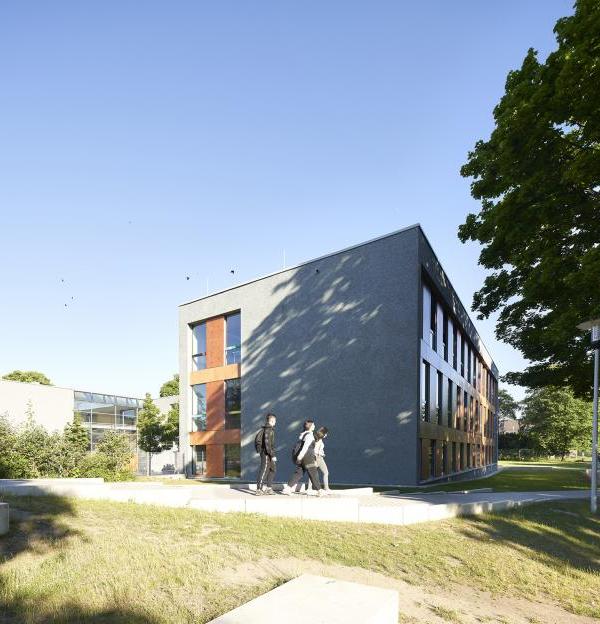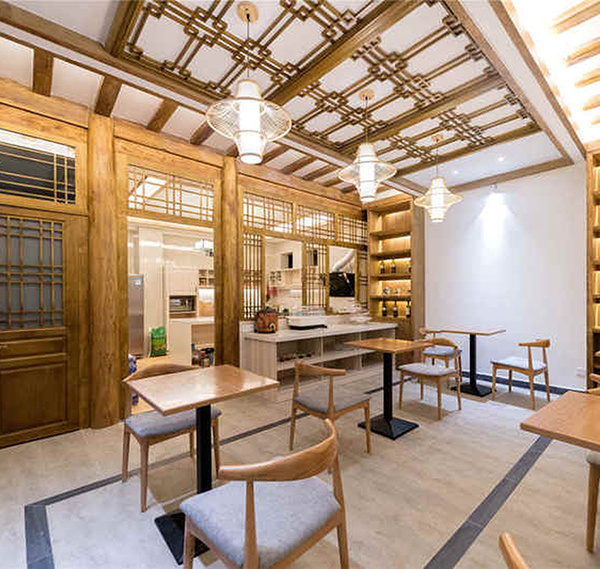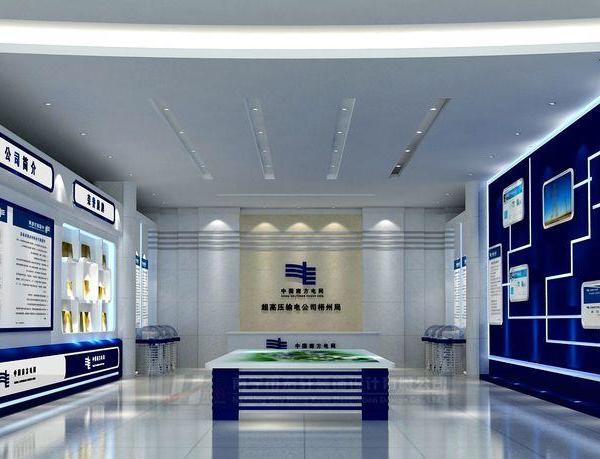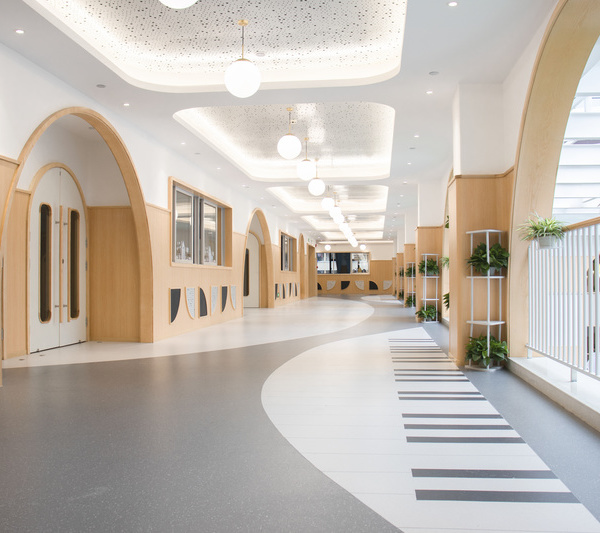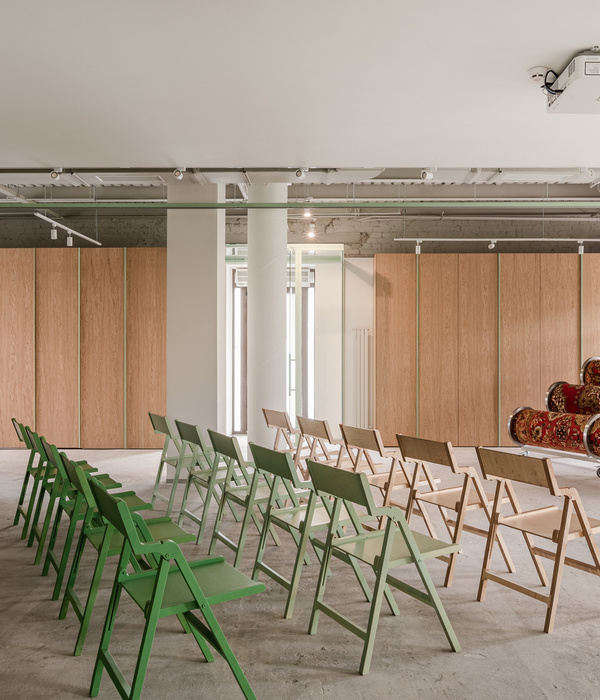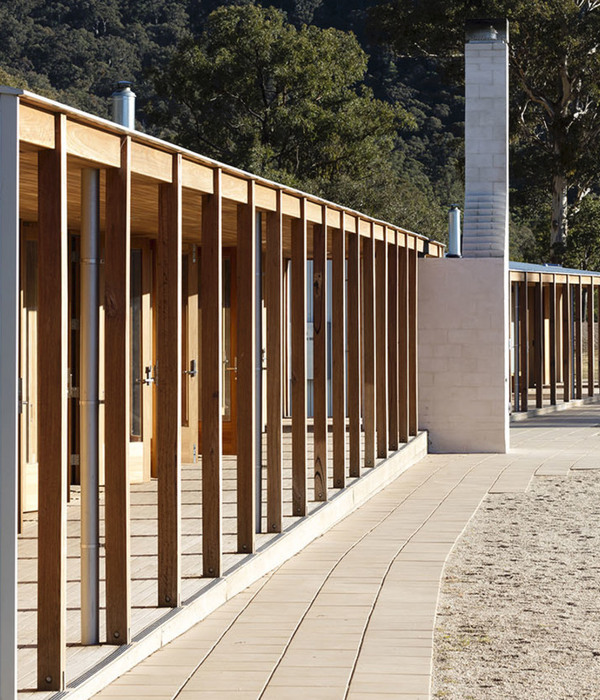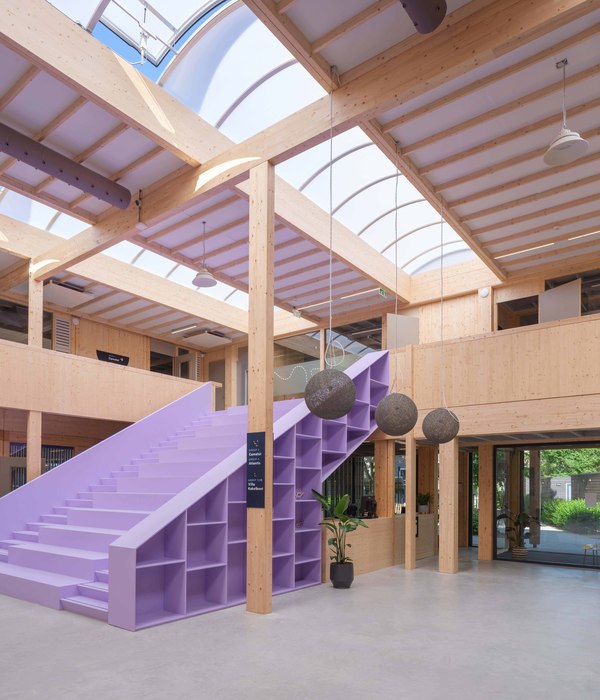"未完成"的反思 | 2016 年威尼斯建筑双年展西班牙馆
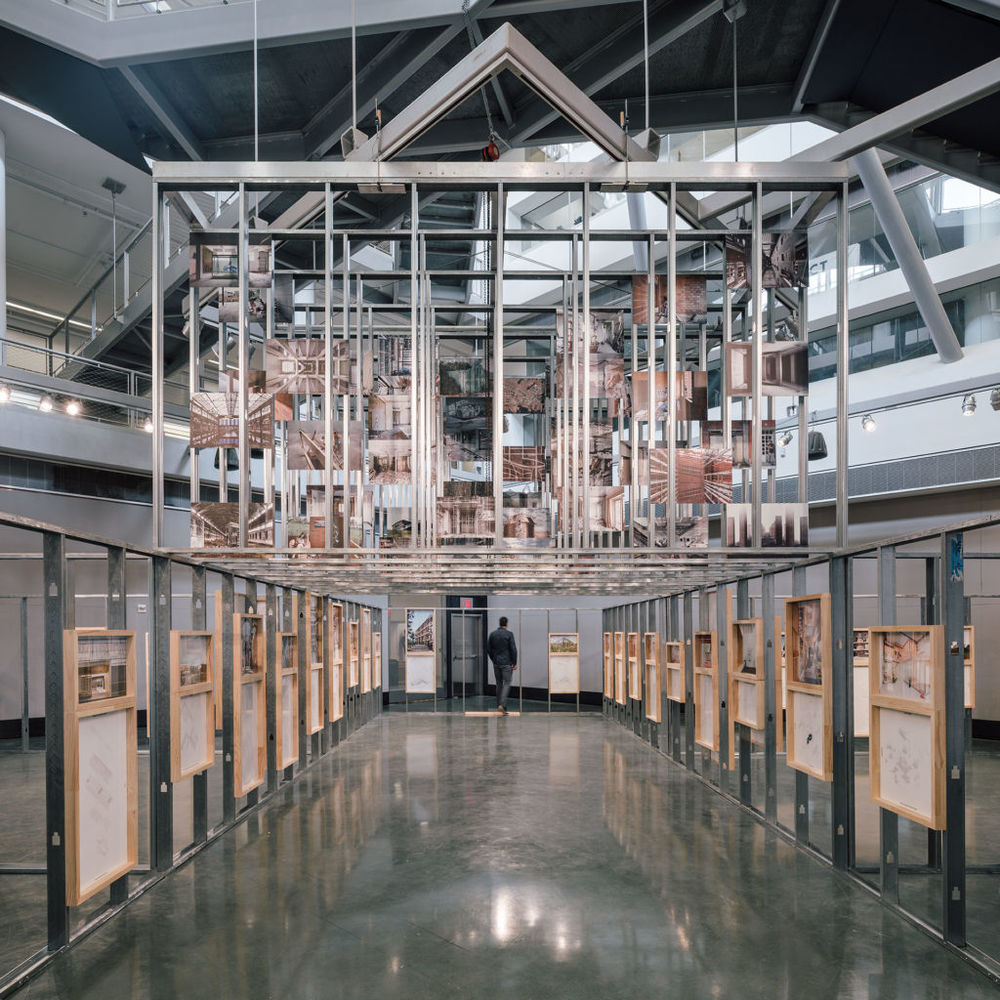
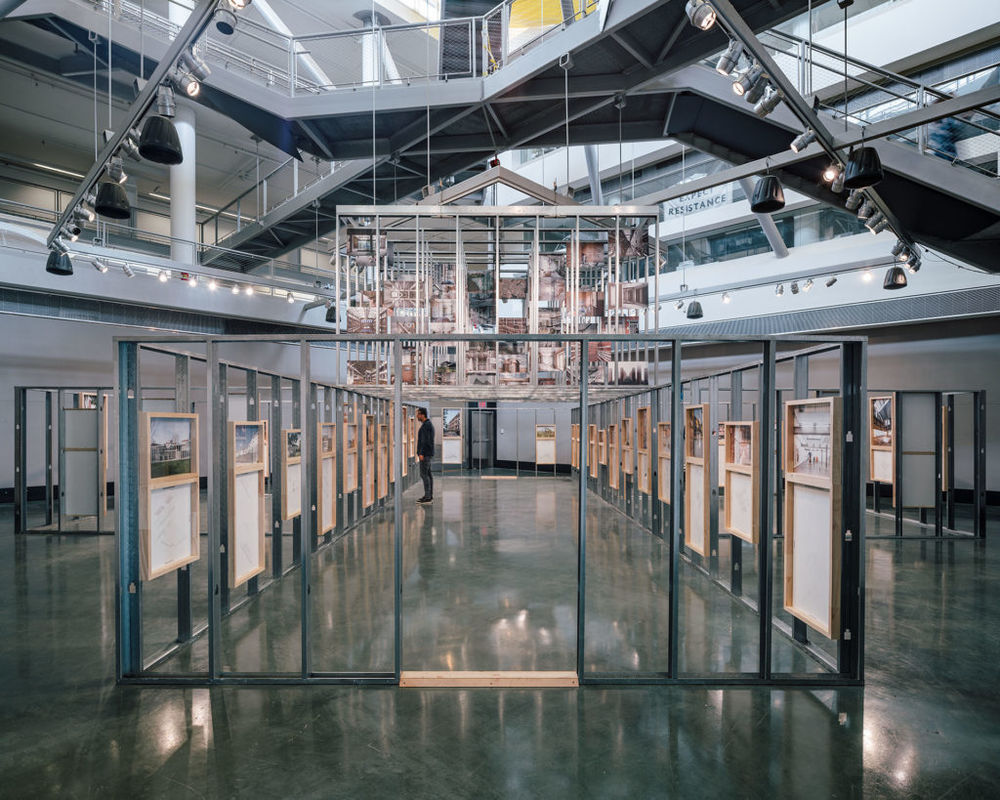
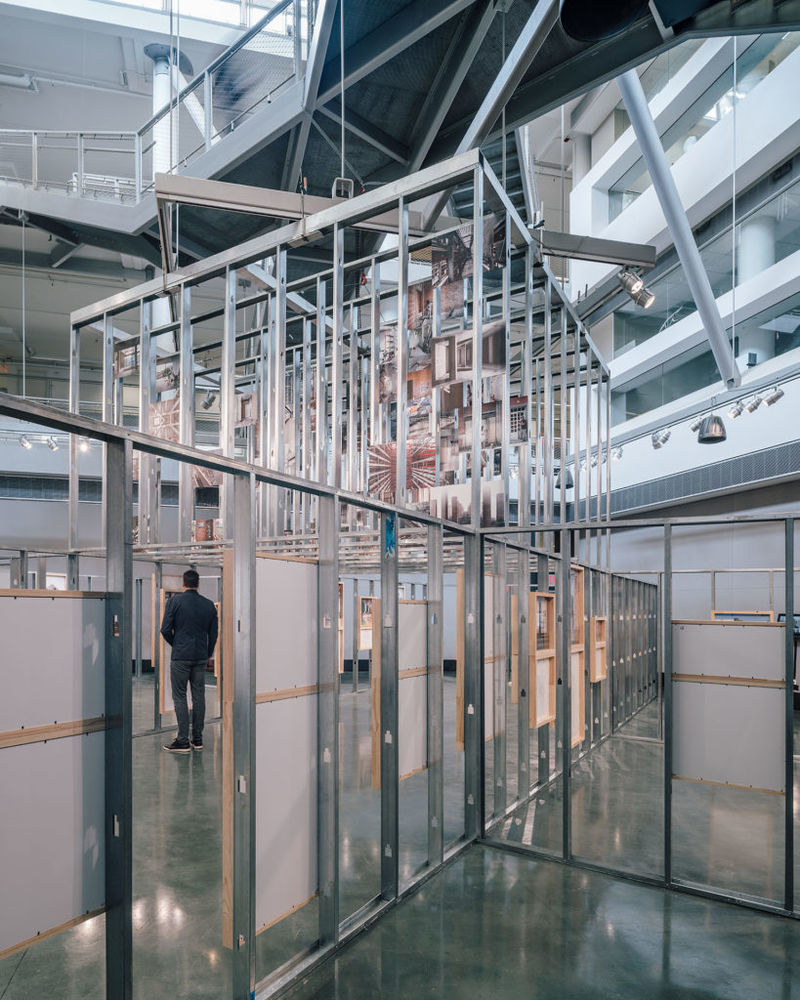

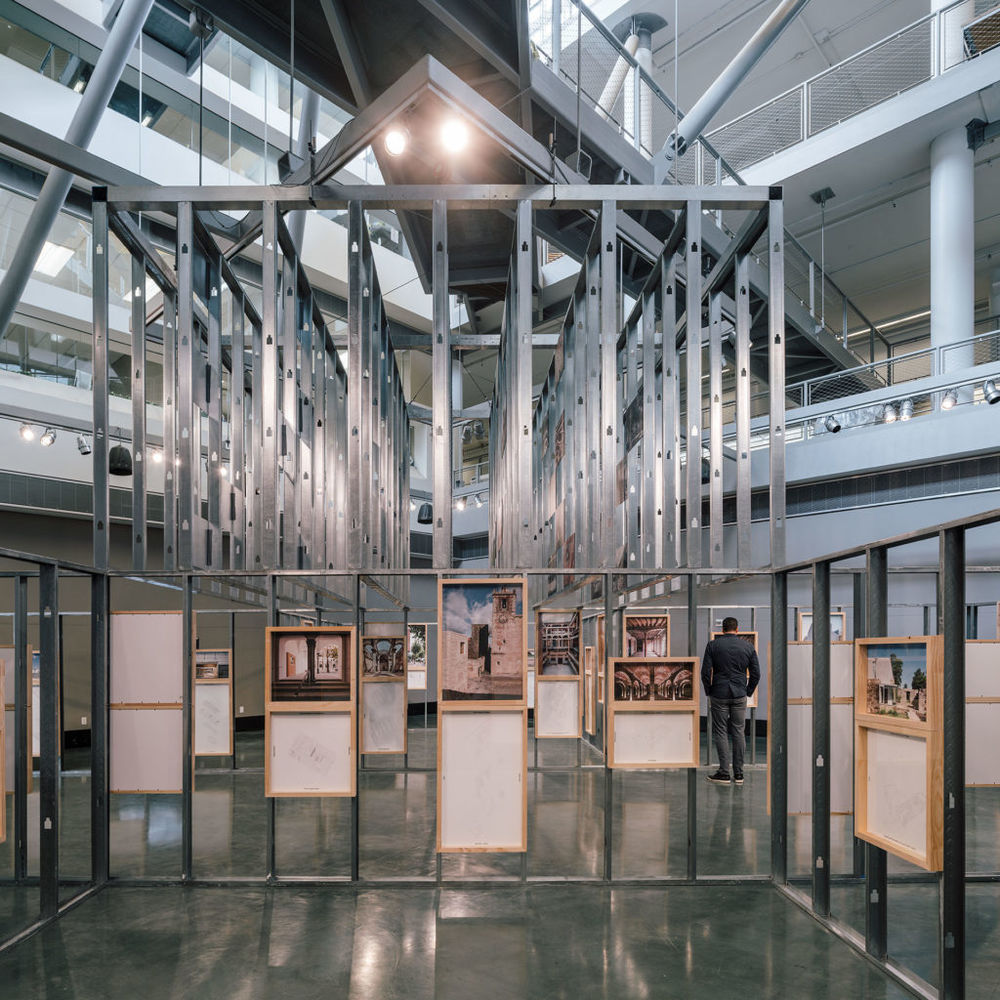

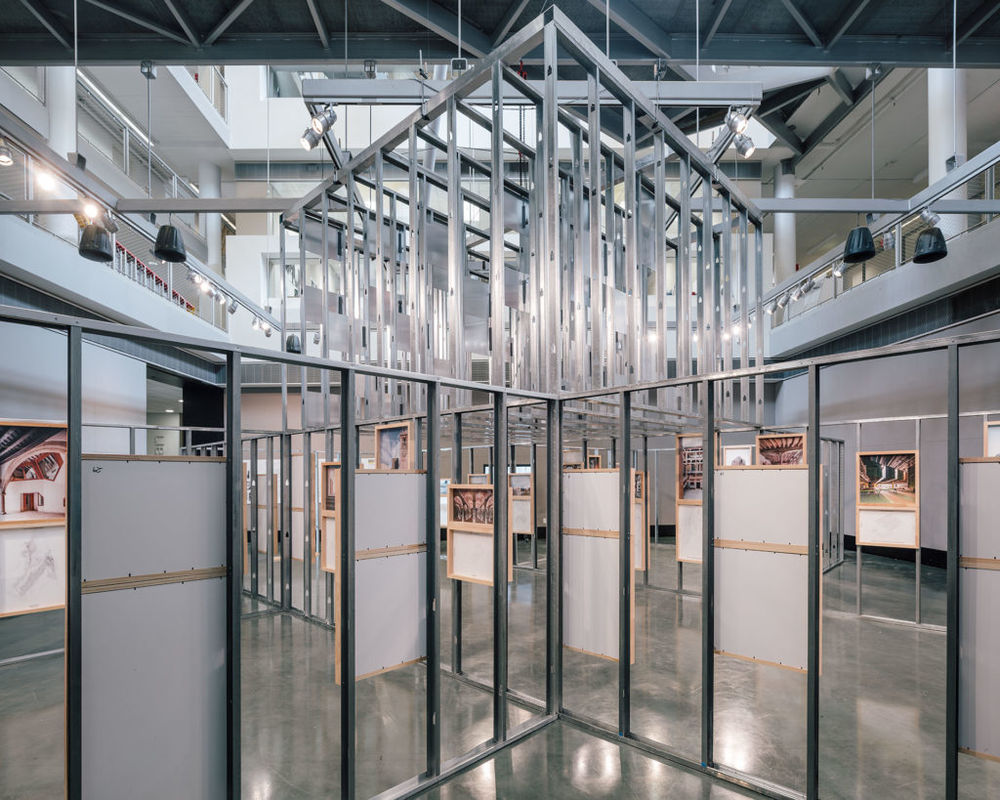
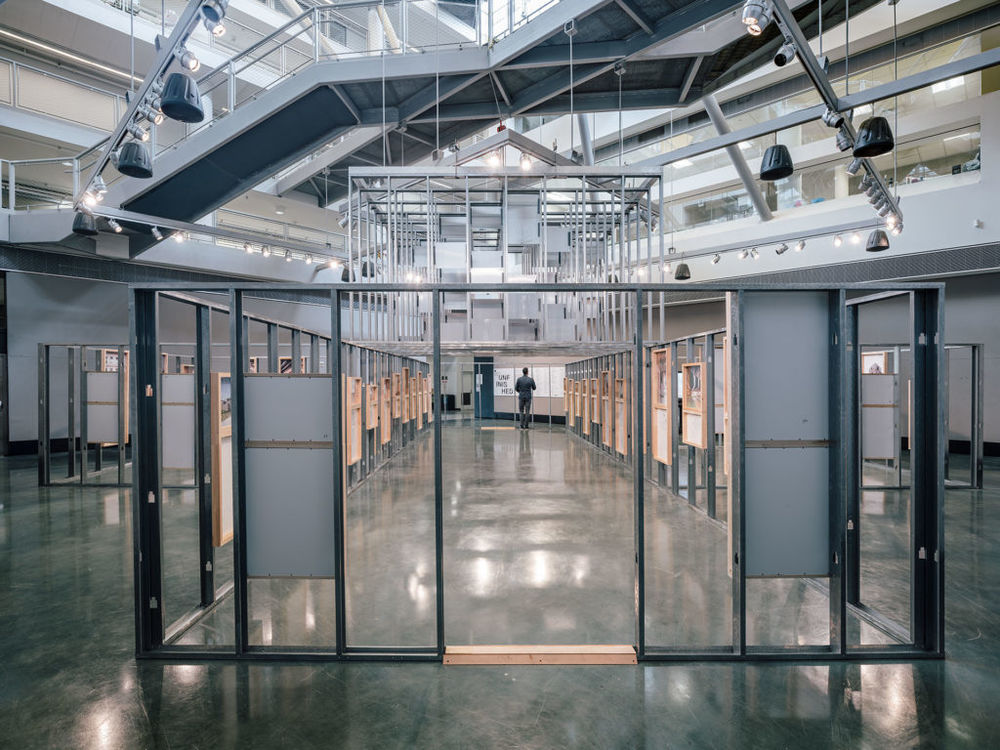
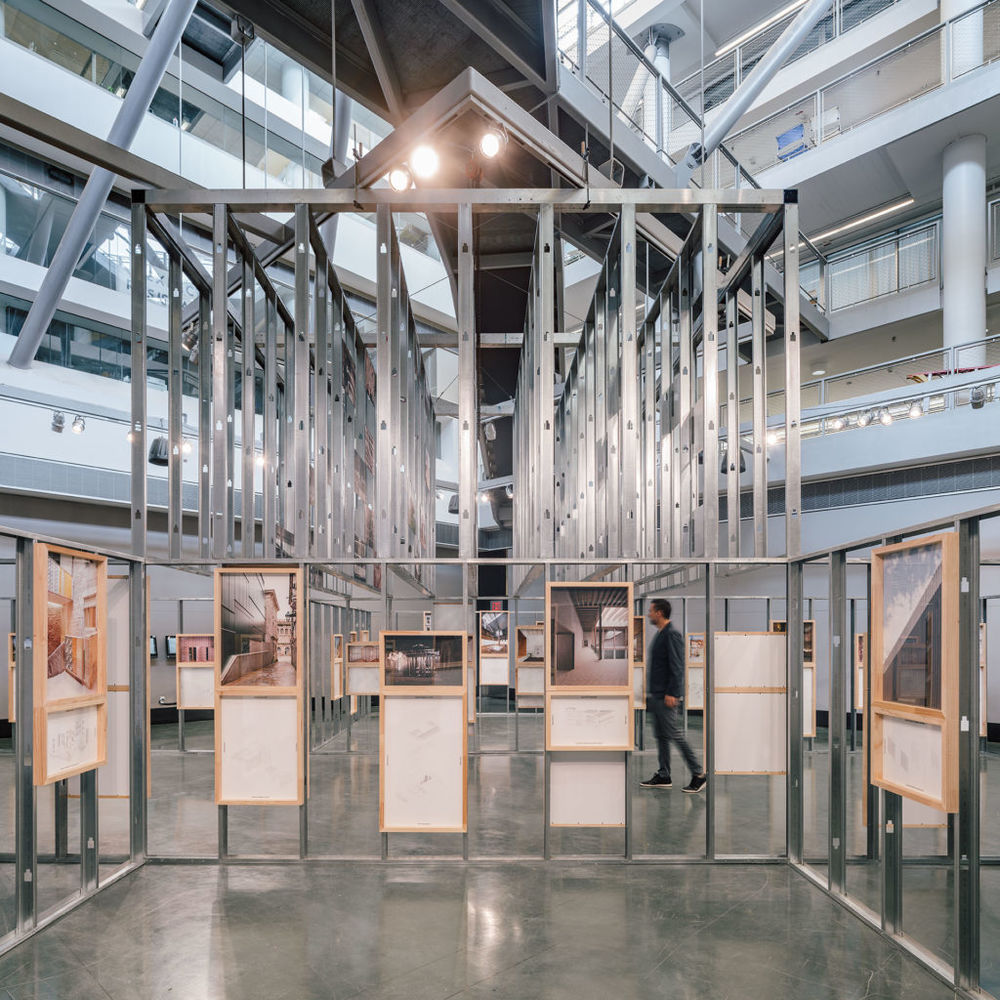
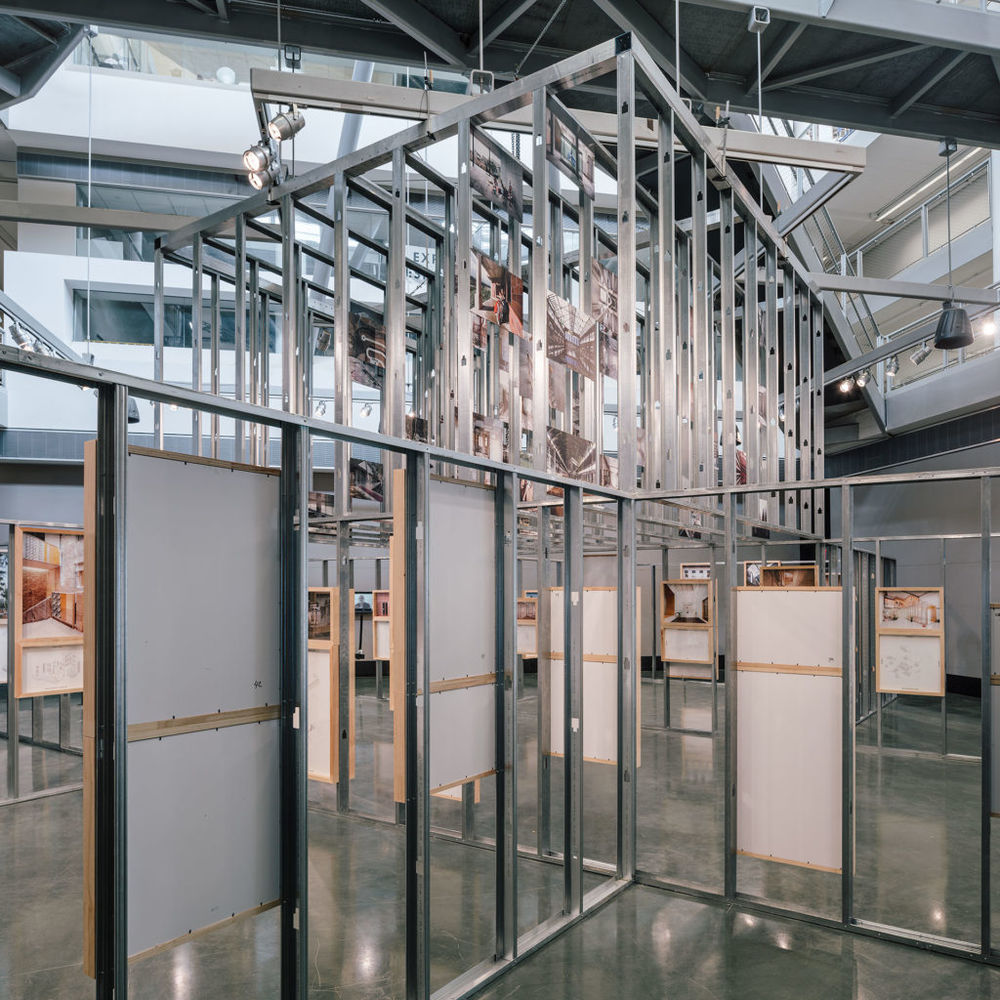
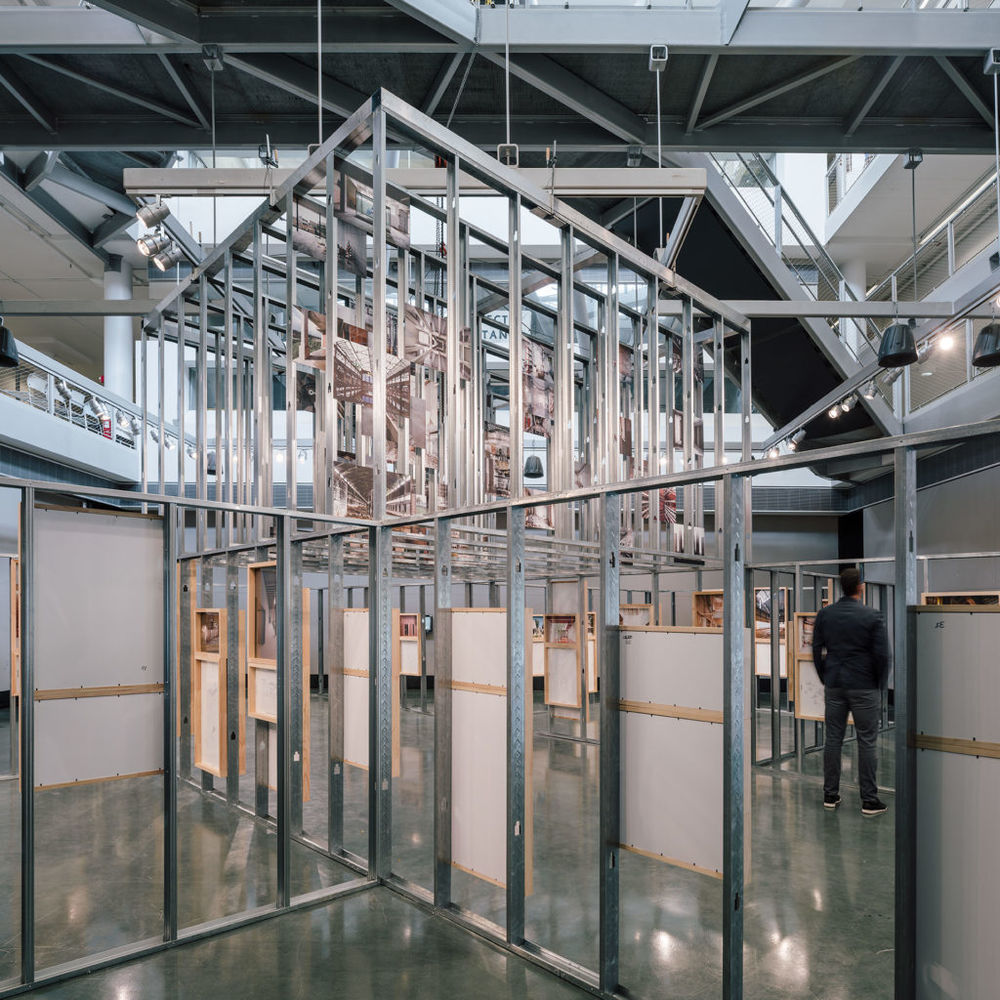
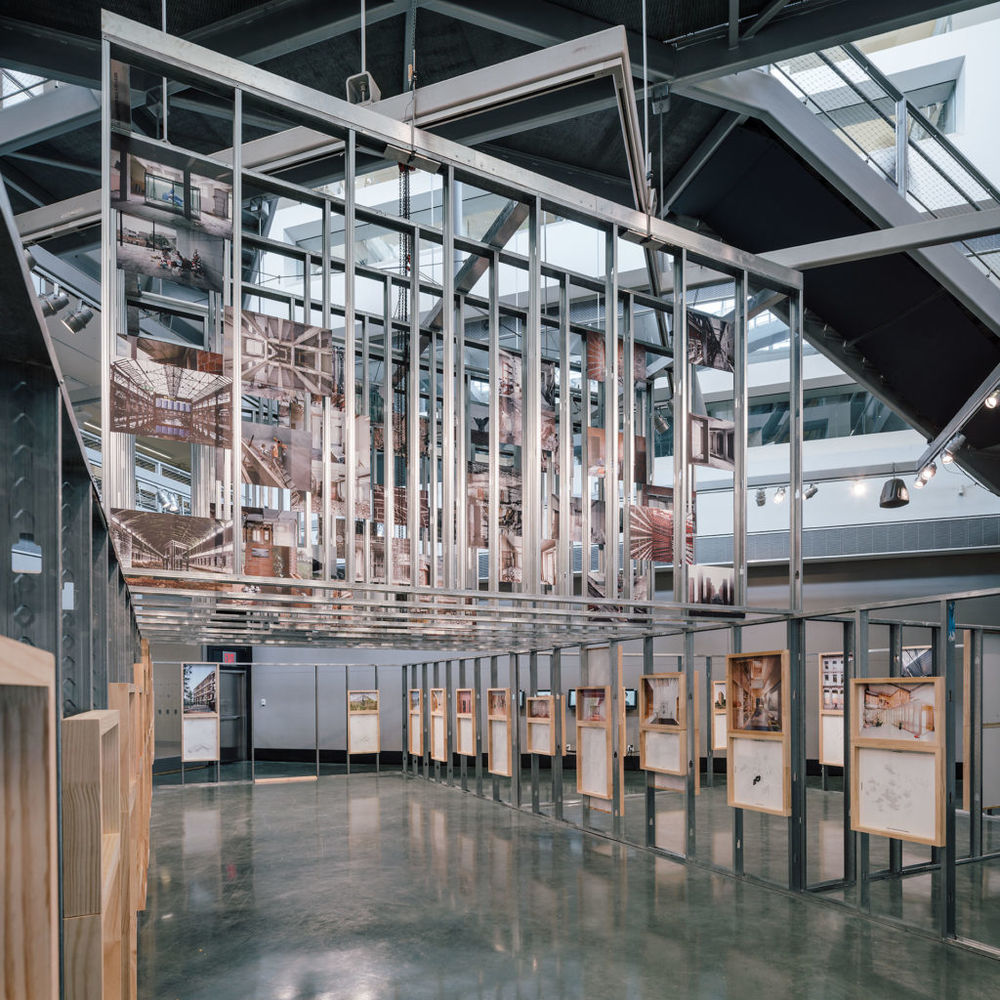
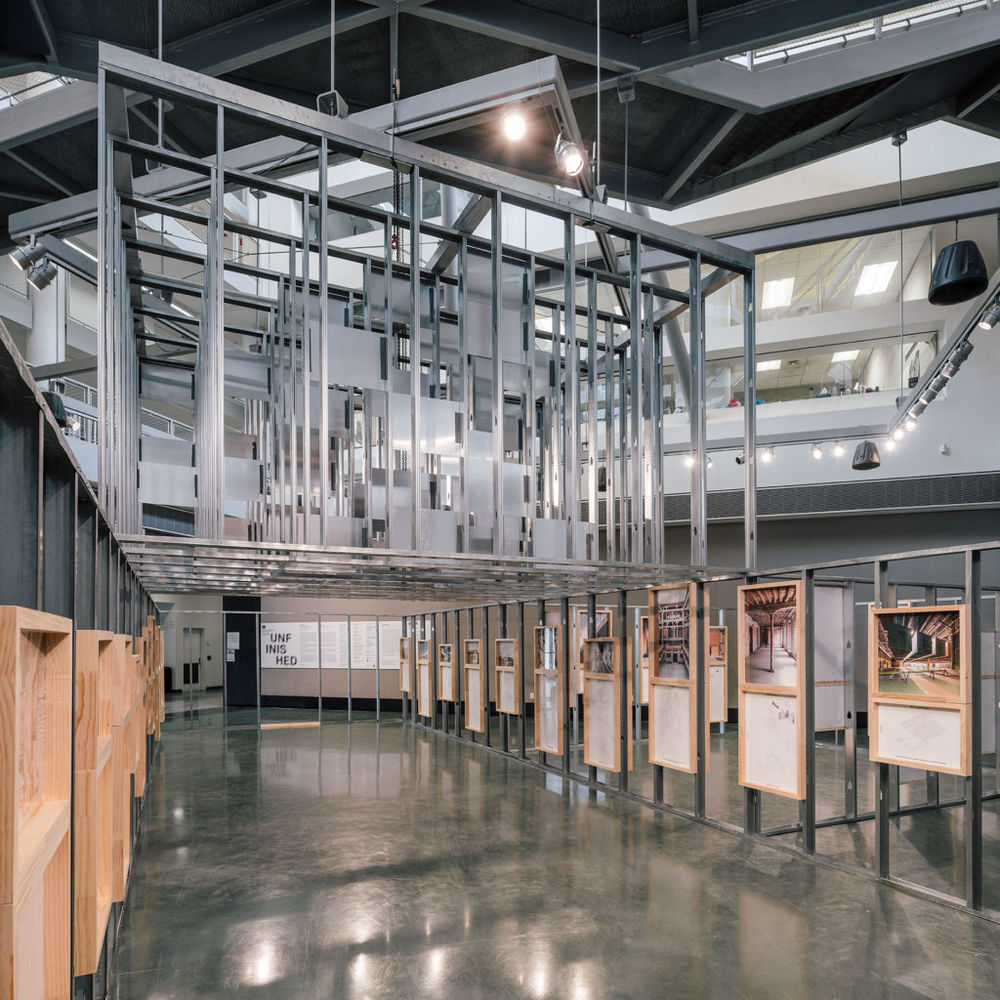
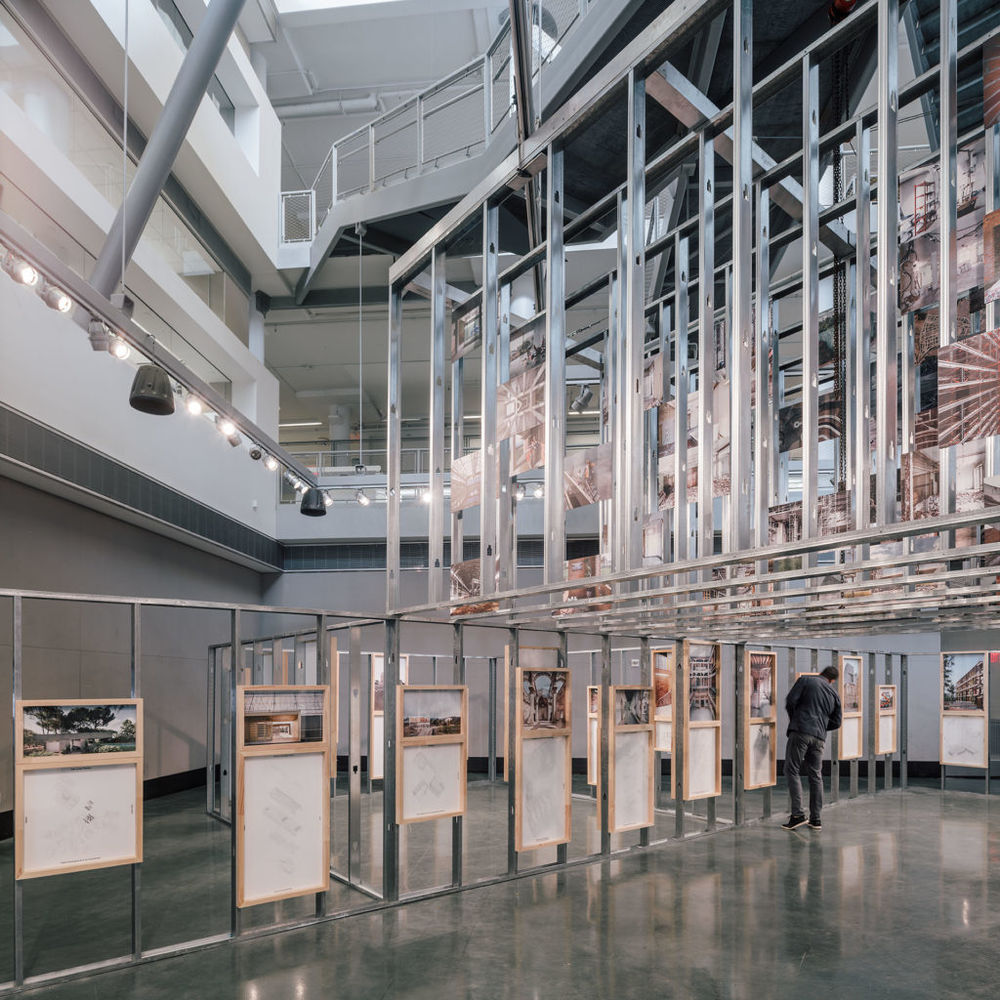
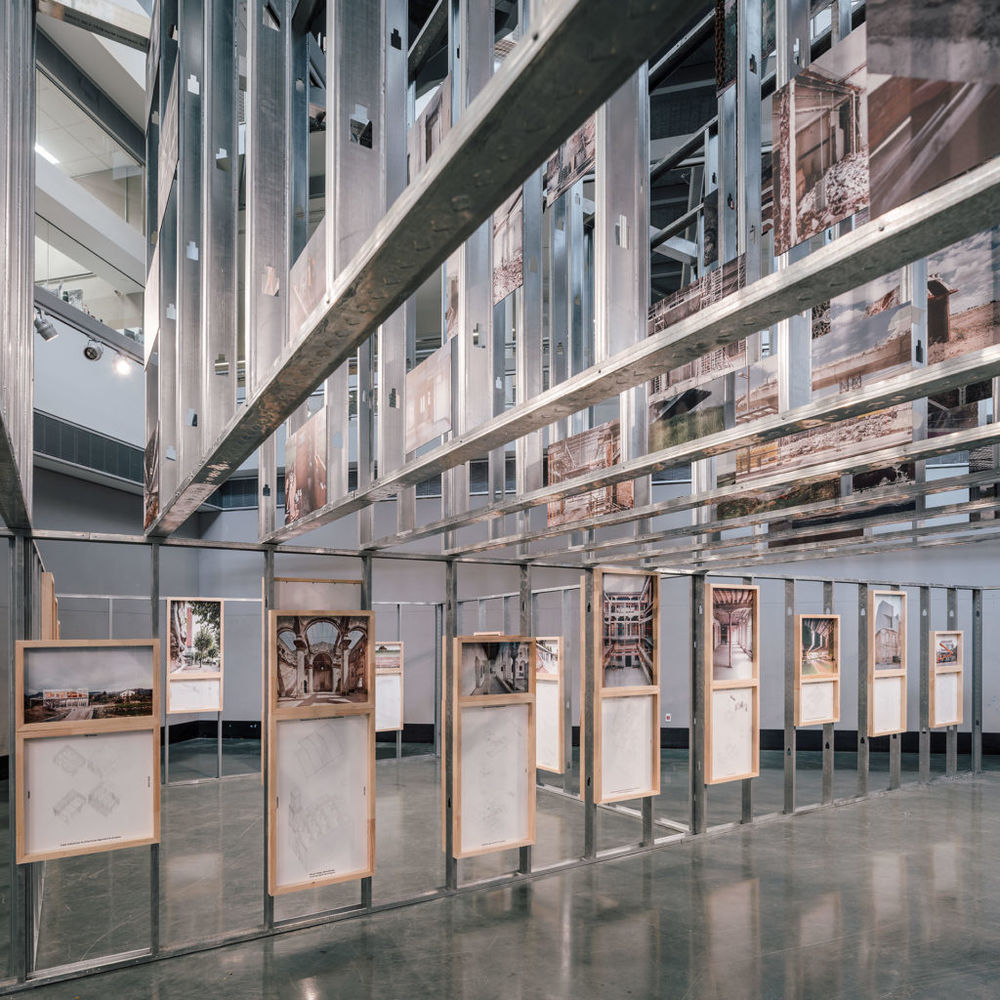
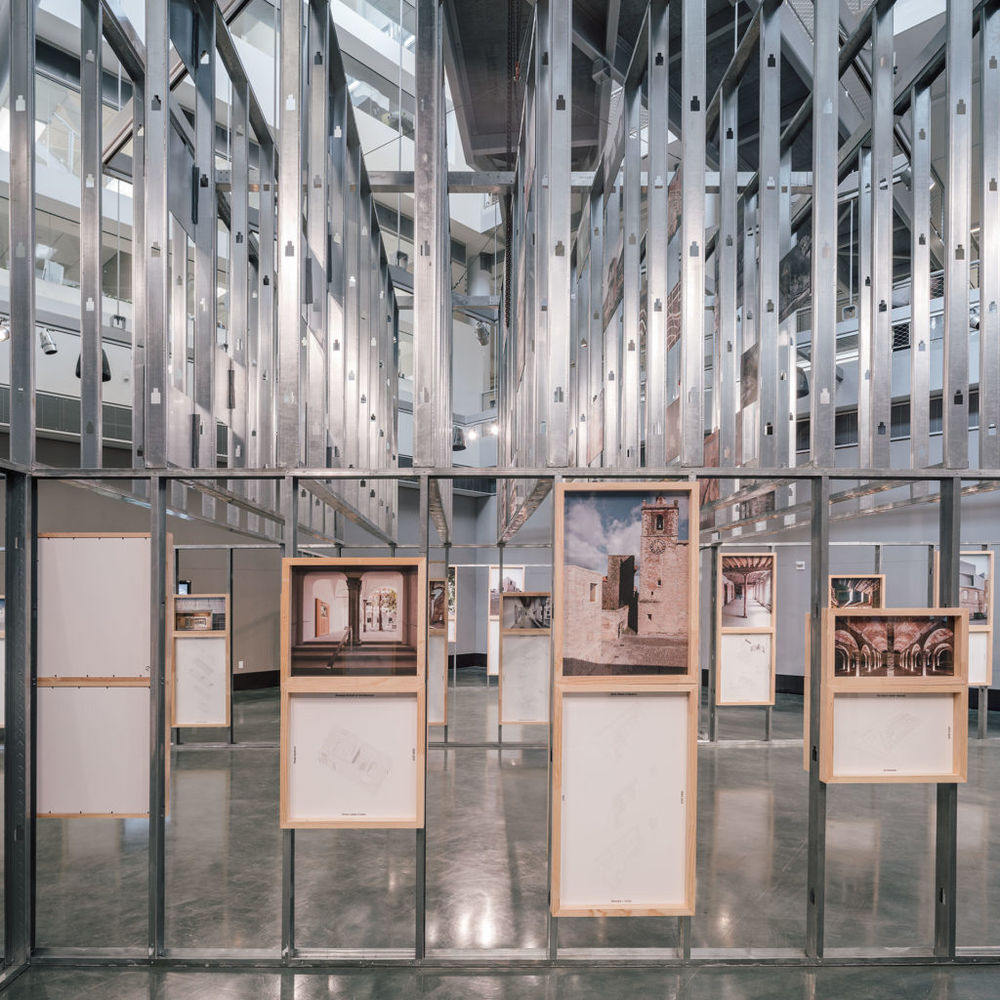
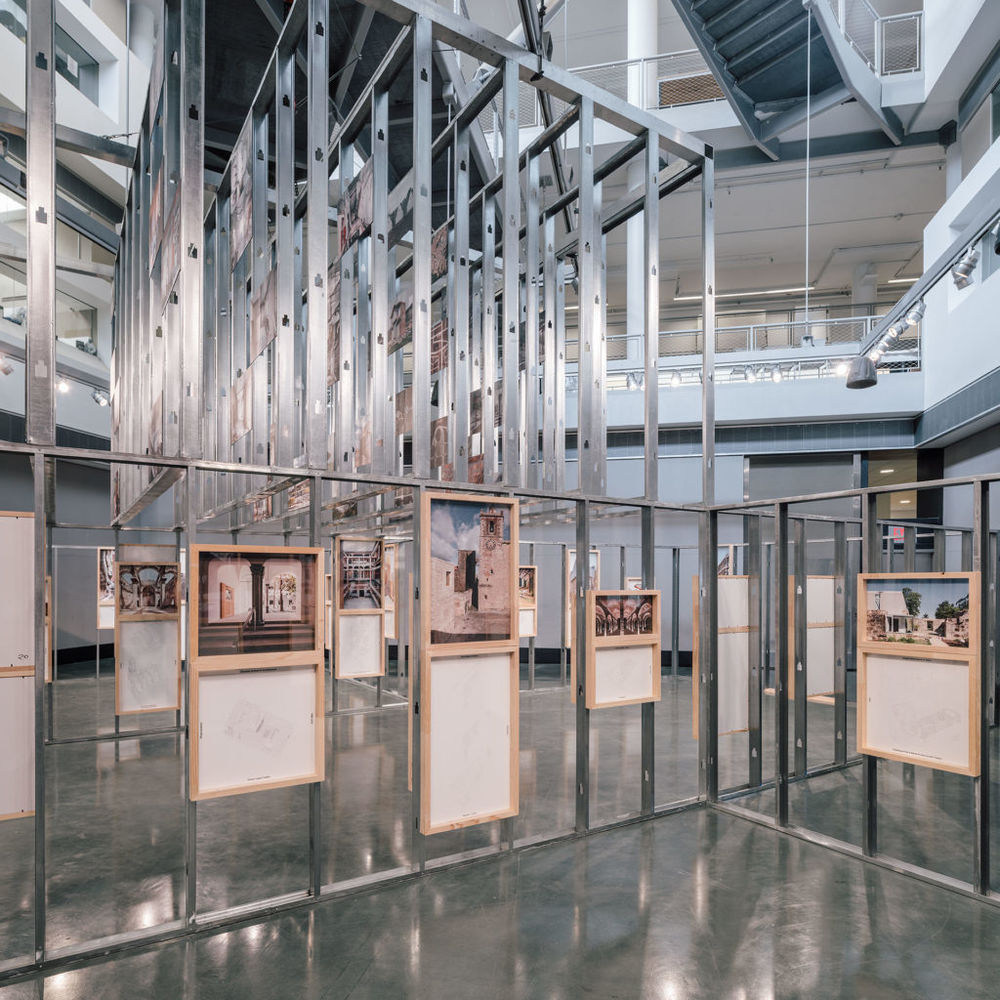
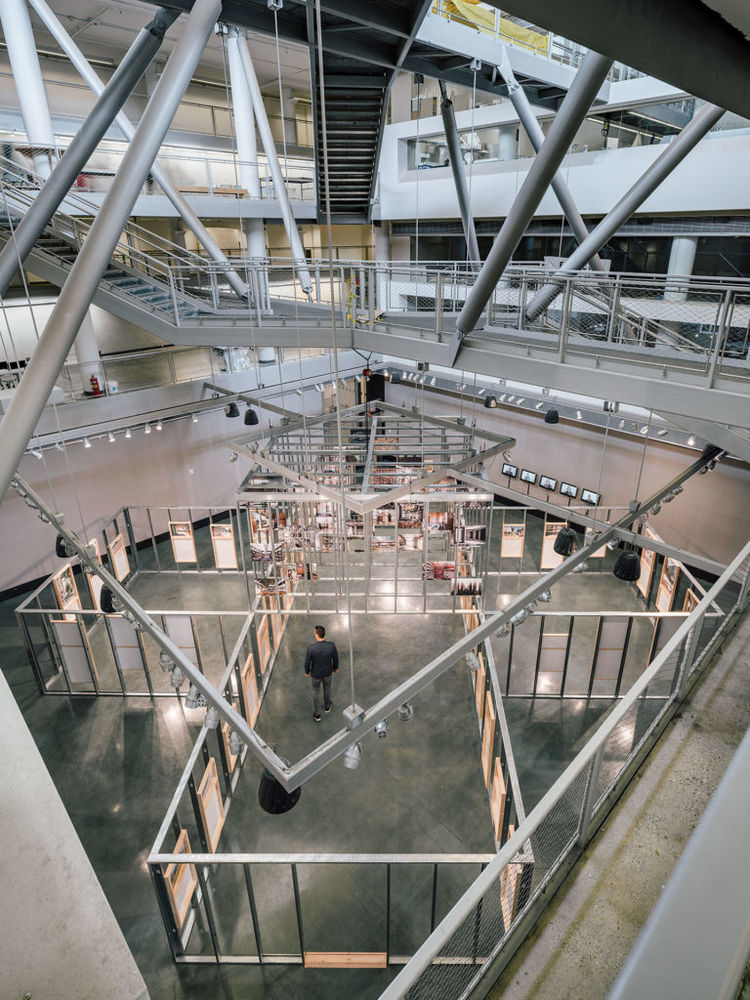
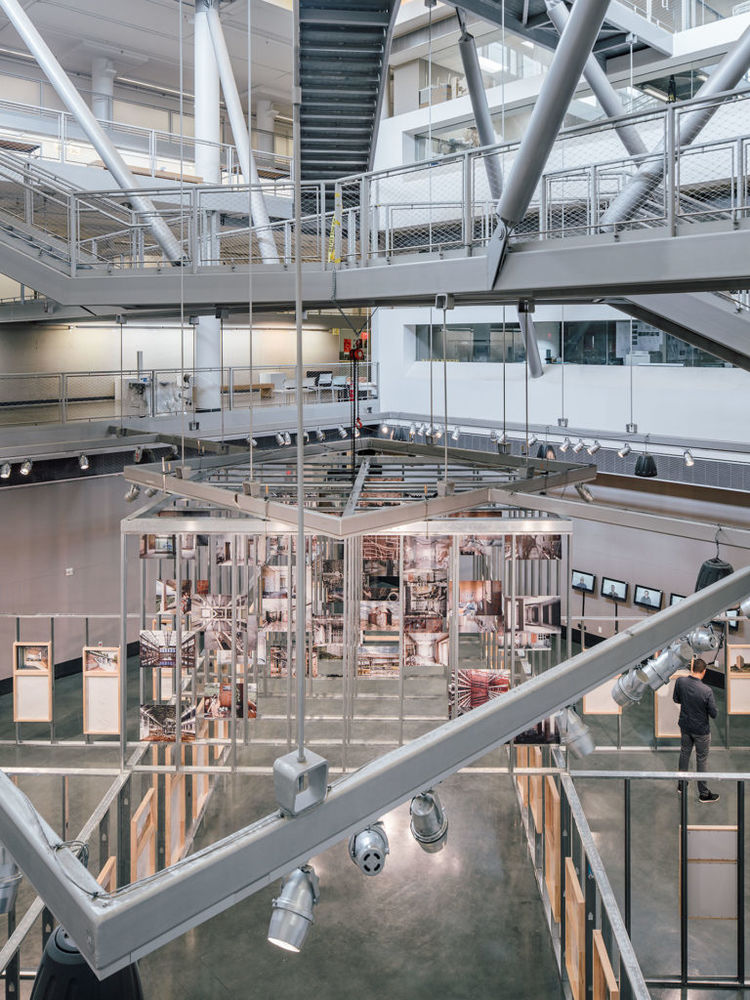
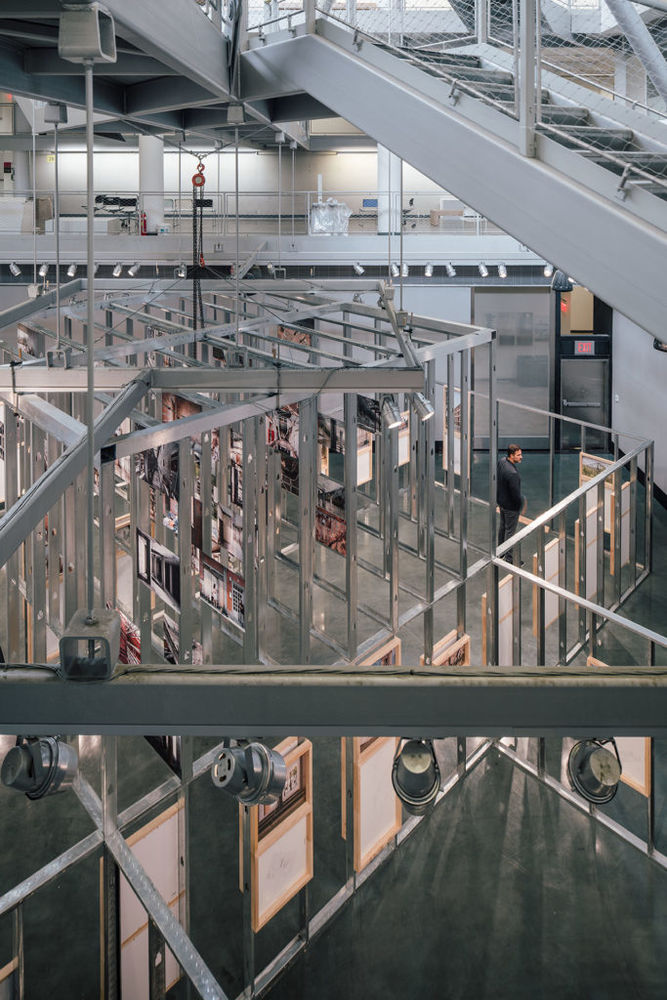
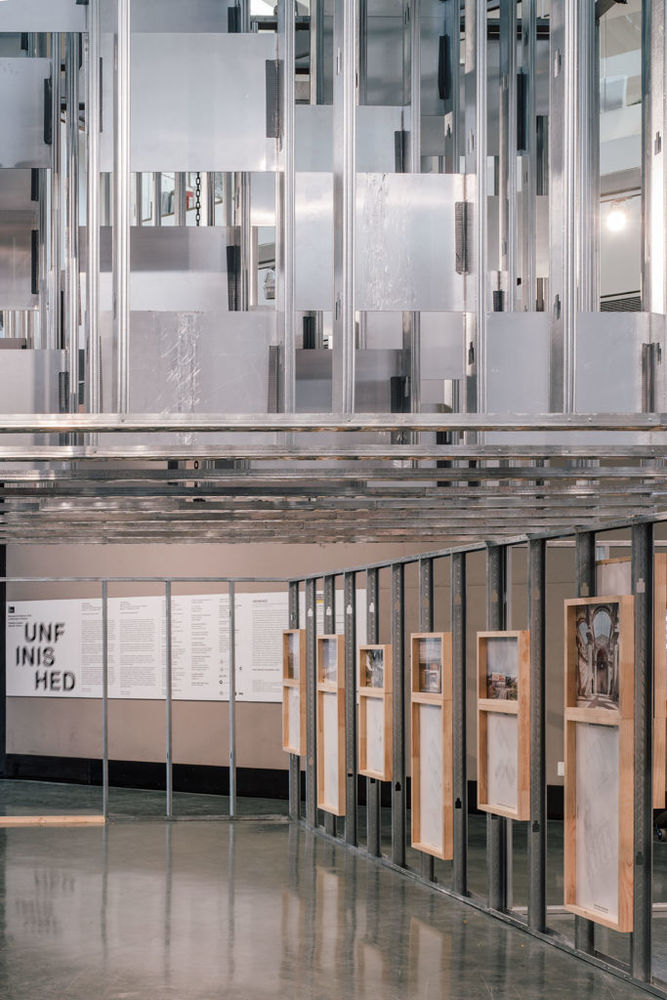
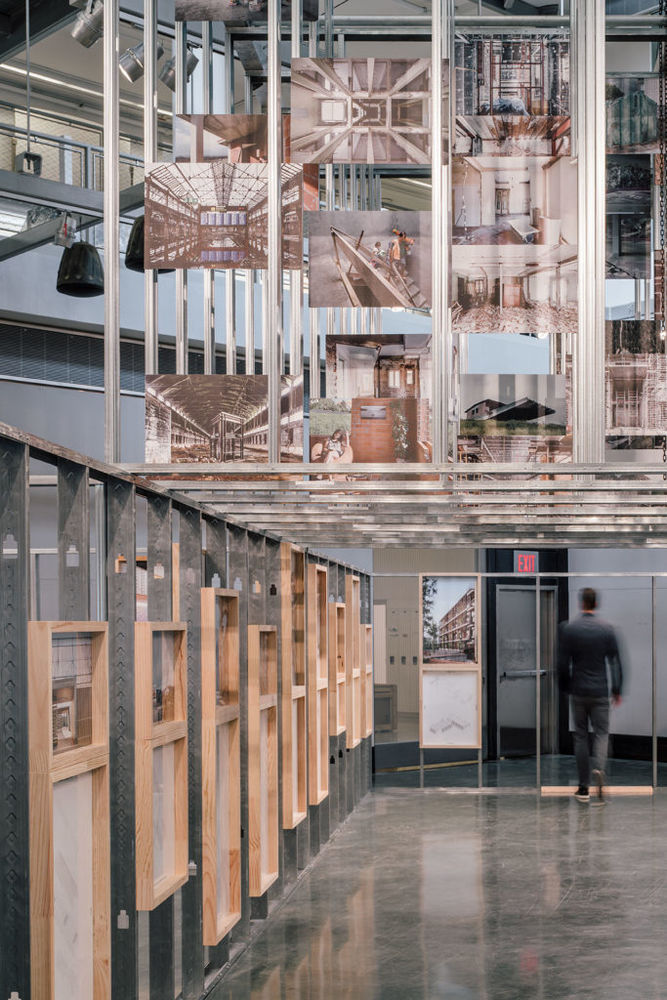
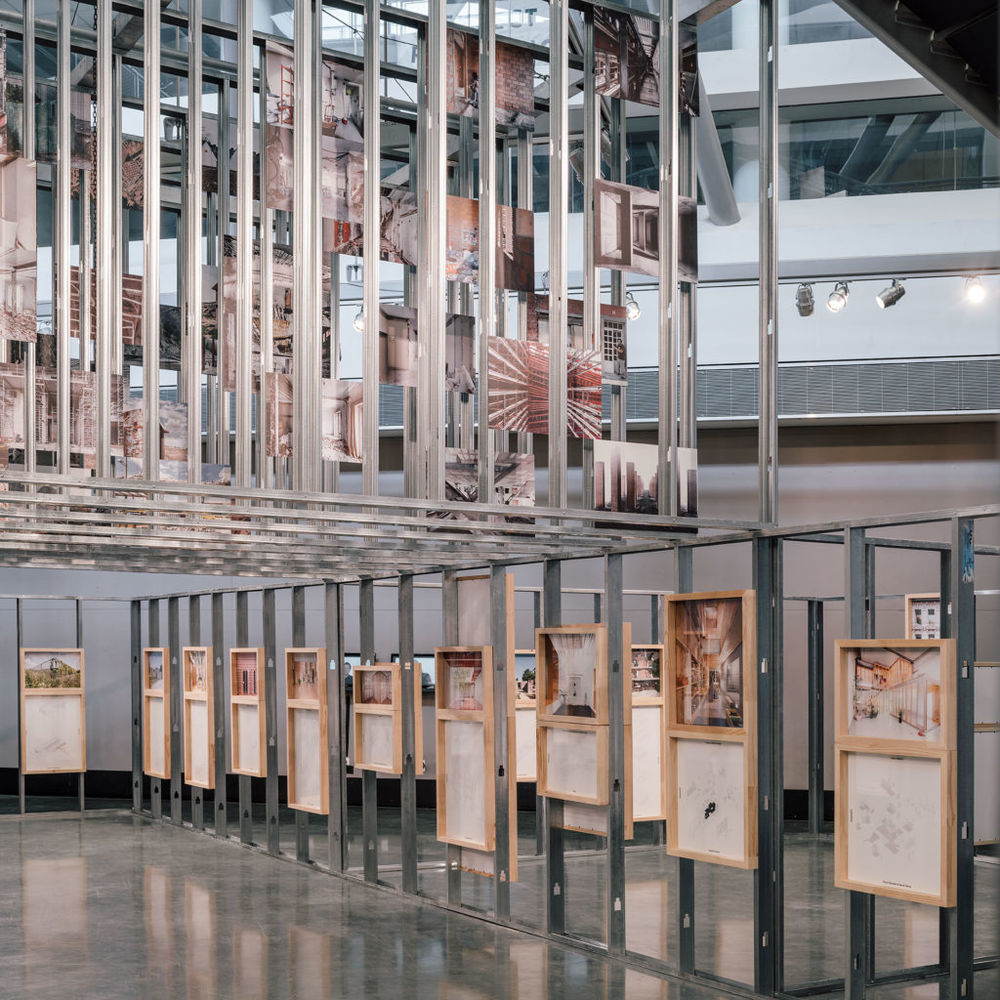
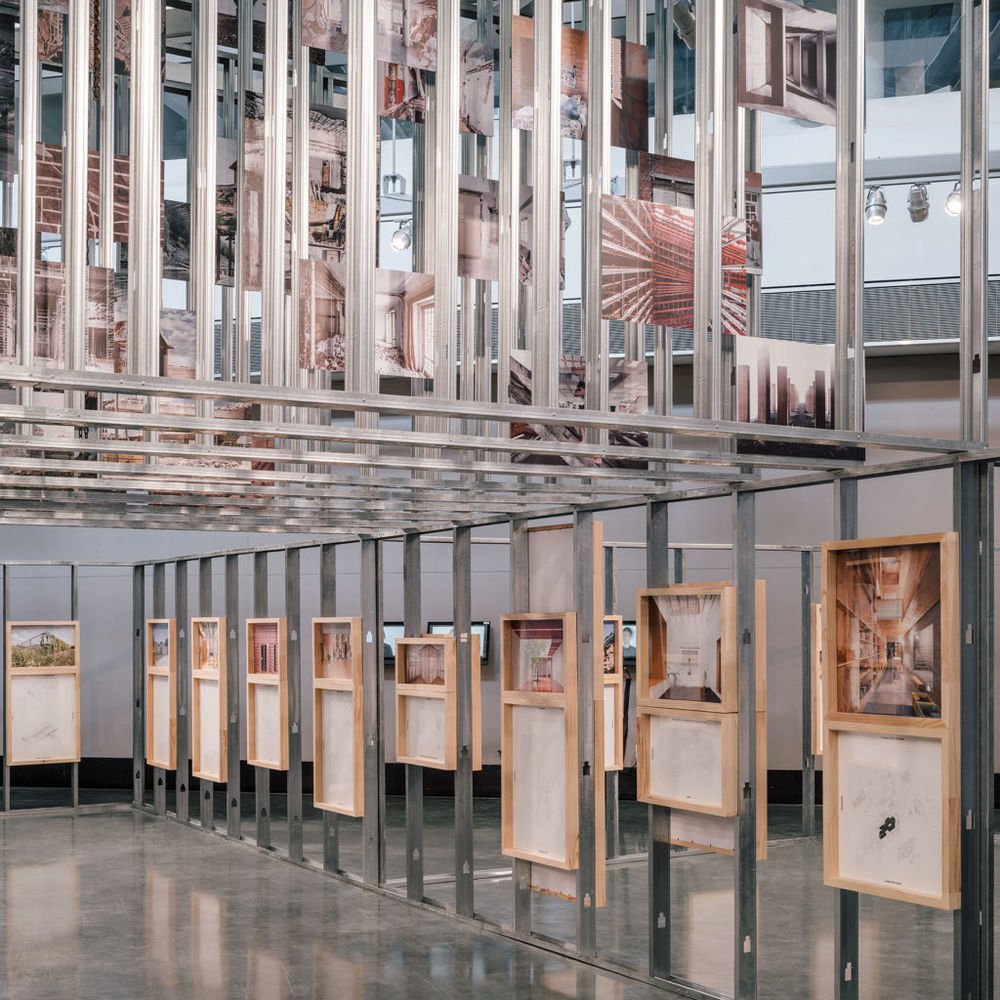
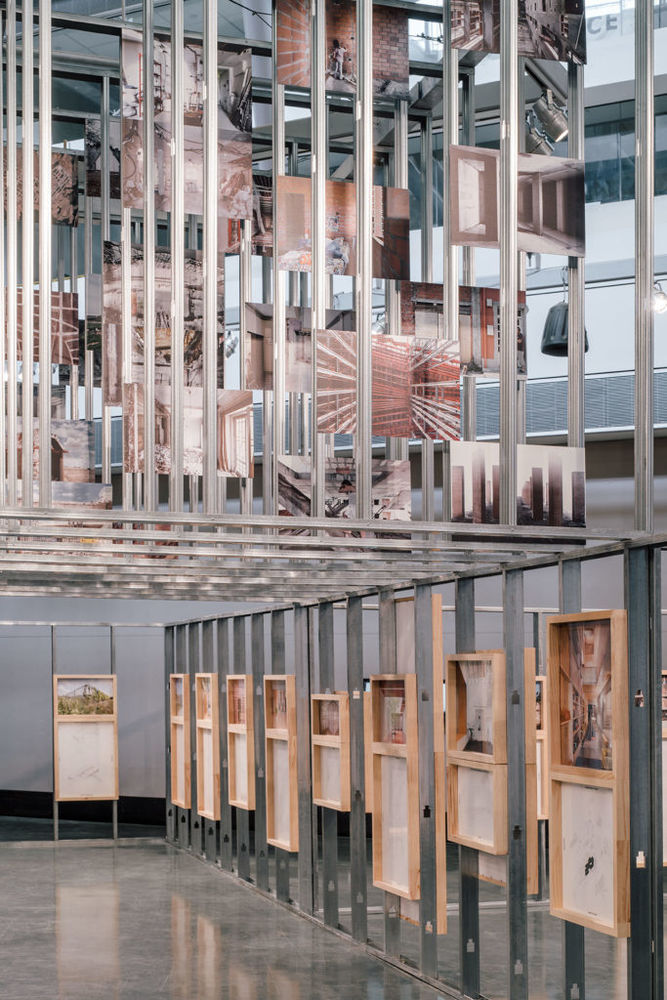
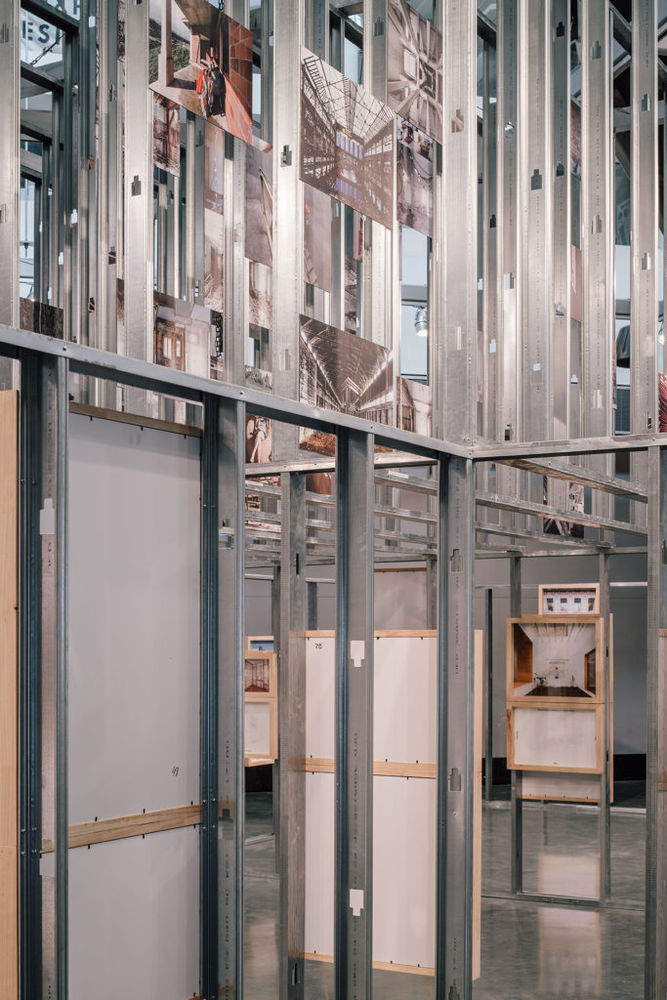
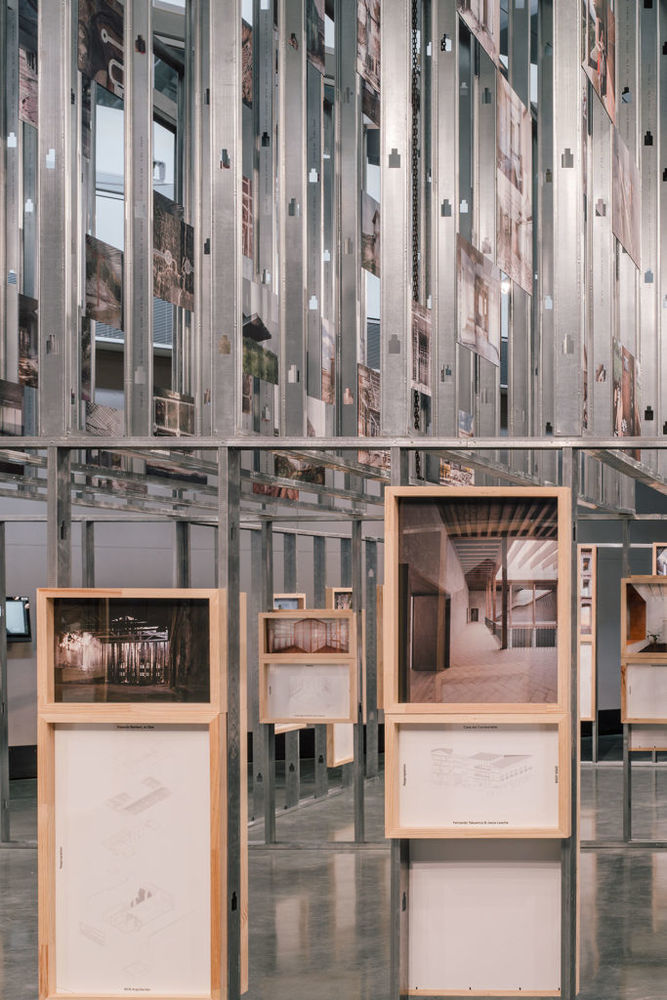
The Spanish Pavilion entry and Golden Lion Award for 2016 Venice Architecture Biennale. It is a most timely and poignant exhibition that exposes the reciprocity and dependency of design to an economic, societal and environmentally layered context. “Unfinished” does so by the curated presentation of the modern ruins resultant in the aftermath of the global financial crises of 2008. A crisis that was particular crippling and devastating to a Spanish economy largely sustained by real state speculation, and that spun other social, and environmental crises. The curators of “Unfinished”, lñaqui Carnicero and Carlos Quintans, reflect on these modern ruins by a tightly choreographed yet kaleidoscopic inventory of structures, photographs and video interviews. Through these multifaceted documentation, we are able to draw a new understanding of the types of effects and influences that define our environment and practices, particularly as they may be affected by underpinning conditions, e.g. financial speculation. It is here that exhibition also posits an optimistic outlook: As complement to the modern ruins depiction, the curators have assembled a set of extraordinary projects that define new reflexive design strategies as adaptations and critiques of these crises. The show is a reckoning of negative operative nature of the design practices as unmediated tools of speculation. It is also a demonstration of the fragility of architecture; and ultimately, it is a a validation of innovative and engaged practices that have parsed through the wreckage to find a voice.
Julio Salcedo-Fernandez – Chair
Special Thanks to: The Spanish Ministries of Fomento, Foreign Affairs, Acción Cultural Española, the New York City Major’s Office, Michael Miller – Director of Undergraduate Affairs, lñaqui Carnicero – Curator and Visiting Professor at Spitzer -, Dean Gordon Gebert; and, to the exhibition team of students and professionals.
UNFINISHED Spanish Pavilion
5th lnternational Architecture Exhibition
May 28 — November 27, 2016
La Biennale di Venezia 2016
Spain is one of the countries where the practice of architecture has been most affected by the economic crisis. There are few places on earth where such large numbers of buildings were built in such a short period of time. The lack of reflection over whether these projects were necessary or va/id resultad in the subsequent abandonment of many buildings when their completion or maintenance was discovered not to be economically viable. Their appearance throughout Spanish territories has generated a collection of unfinished buildings where the factor of time was eliminated from the formula for making architecture.
Using photography as a filter to portray this reality, the Pavilion’s central space represents the optimistic view of those who have fought back against this recent past, understanding these inherited constructions as an opportunity.
The ”Unfinished” exhibition, presentad in the Spanish pavilion at the Biennale, seeks to direct attention to processes more than results in an attempt to discover design strategies generated by an optimistic view of the constructed environment.
The exhibition gathers examples of architecture produced during the post few years, born out of renunciation and economy of means, designad to evo/ve and adapt to future necessities and trusting in the beauty conferred by the passage of time. These projects hove understood the lessons of the recent post and consider architecture to be something unñnished, in a constant state of evolution and truly in the service of humanity. The current moment of uncertainty in our profession makes its consideration here especial/y relevant.
lñaqui Carnicero, Carlos Quintáns
Promotor/Sponsor
Gobierno de España MINISTERIO DE FOMENTO Secretaría de Estado de Infraestructuras, Transportes y Vivienda Dirección General de Arquitectura, Vivienda y Suelo
Government of Spain MINISTRY OF DEVELOPMENT Secretary of State for Infrastructure, Transport and Housing General direction of Architecture, Housing and Land
En colaboración con/ In collaboration with
AC/E, Acción Cultural Española MINISTERIO DE ASUNTOS EXTERIORES Y DE COOPERACION
Secretaría de Estado de Cooperación Internacional y para lberoamérica AECID, Agencia Española de Cooperación Internacional para el desarrollo. Dirección de Relaciones Culturales y Científicas
MINISTRY OF FOREIGN AFFAIRS AND COOPERATION
Secretary of State for lnternational Cooperation and for Latin America AECID, Spanish Agency for lnternational Development Cooperation. Directorate of Cultural and Scientific Relations
Con el apoyo de Fundación Arquia/Support by Fundación Arquia
Diseño y proyecto expositivo/
Design exhibition RICA Studio: Iñaqui Carnicero, Lorena del Río
Colaboradores/Contríbutors
Andy Fortunaty, Angela Posse
Comisarios/Curators
Iñaqui Carnicero, Carlos Quintáns Eiras
Coordinador de bienales/ Coordination of Bienials
Francisco Mangado
Comité científic/Scientific commitee
Angel Martinez García-Posadas, Santiago de Malina Rodríguez, Jacobo García-Germán
Coordinación/Coordination
Eduardo Aragoneses (Fomento), Sara León (Fomento), Menique Lambie (AC/E), Alejandro Romero (AECID), Alvaro Calleja (AECI D)
Concepto gráfico/Graphic concept
desescribir
Diseño Web/Web Design
Estudio Caravana
Traducción/Trans/atíon
Kathy Lindstrom
Soporte técnico de entrevistas/ Technical support for the interviews
Elena Toumayan, Johanna Grazel, Matthew Sokol
Impresión/ Printing
Museoteca
Producción y montaje/ Production and installation
Luigi D1 0ro & ARGUZIA S.r.l. con/with Flaminio Bovino ( Engineering), Mario Cristofaro (Videomapping producción), Giovanni Spagnoletti, Chiara Mazzarella, Micol Riva
Year 2018
Client RICA studio
Status Completed works
Type Trade Fair Centres / Pavilions / Exhibition Design / Exhibitions /Installations


